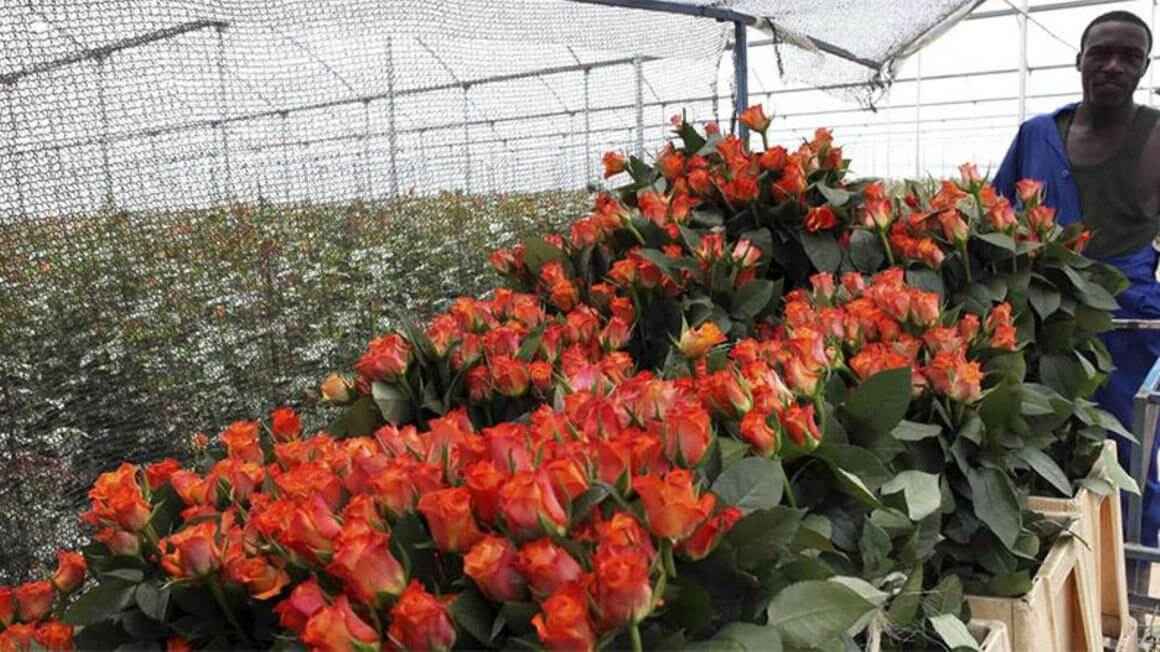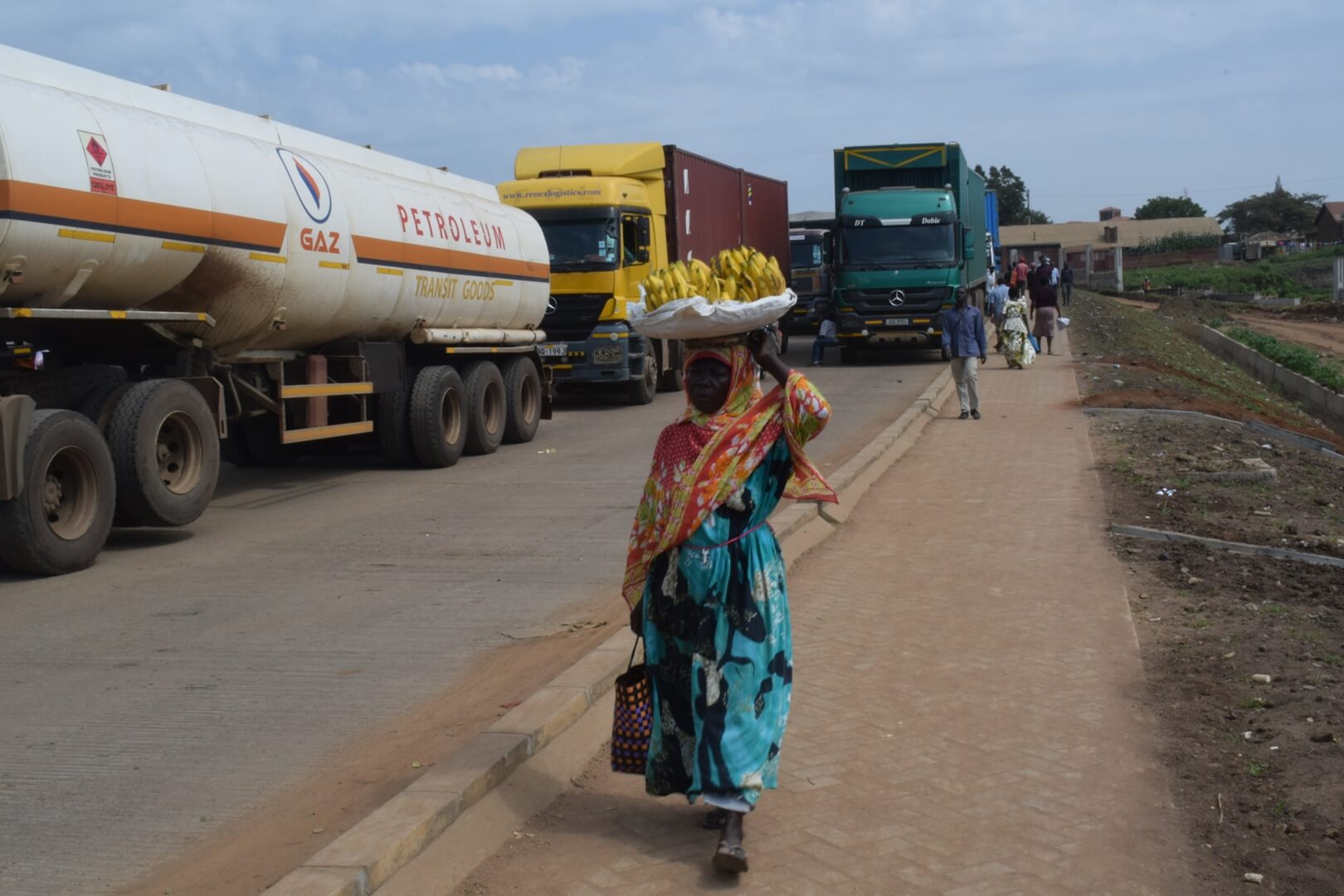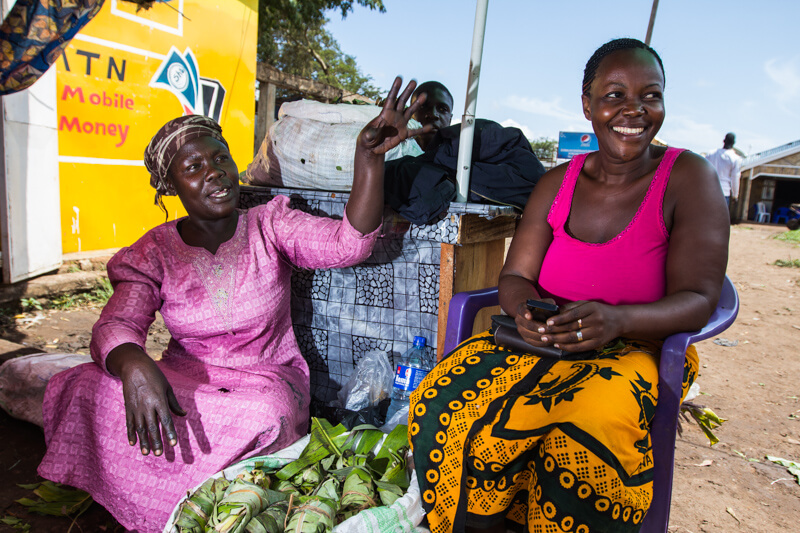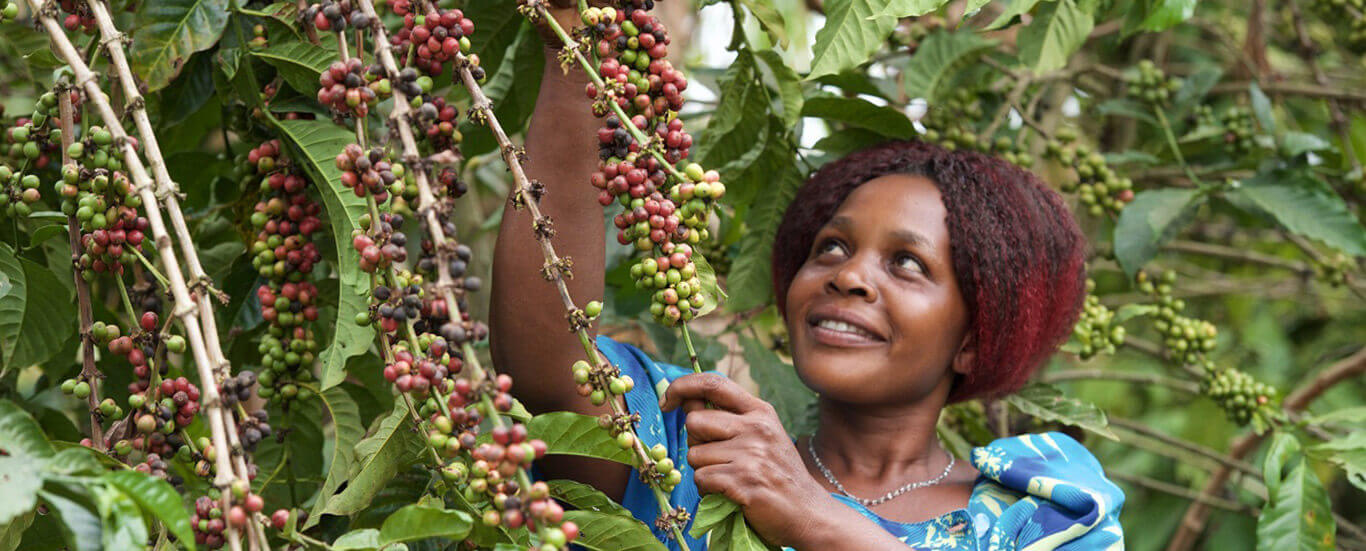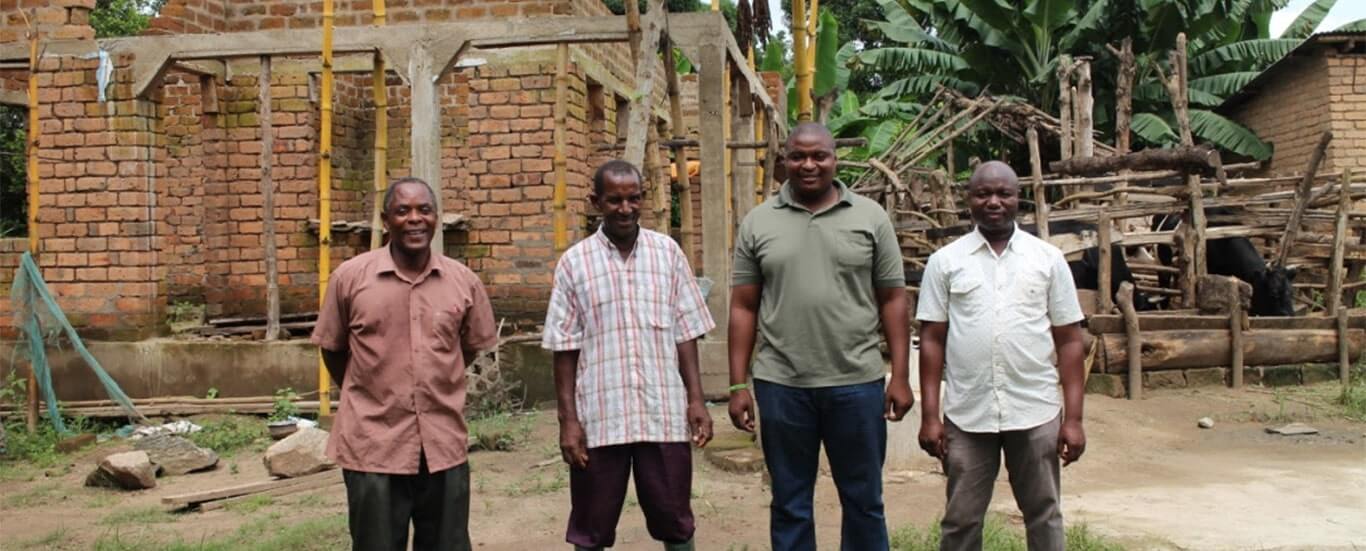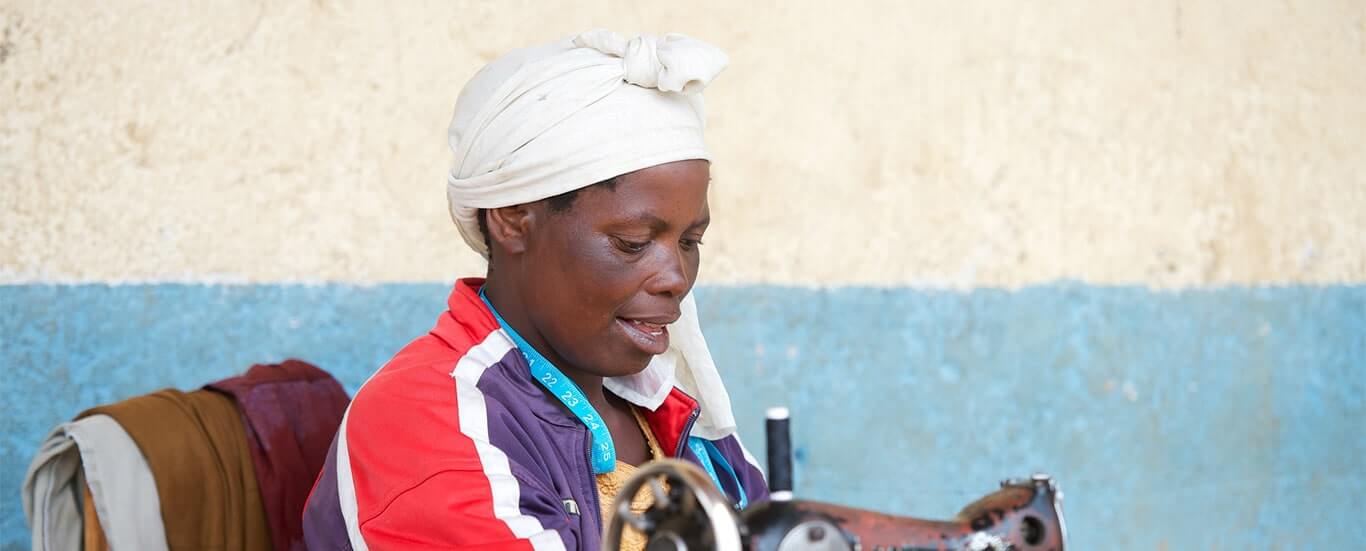The IOTA Foundation has stated that the initial stage of its cooperation with an East African business to facilitate paperless trading in the area has been completed successfully. The Foundation partnered with TradeMark Africa on the initiative, which aimed to modernize the continent’s supply chain’s inefficient and expensive paper-based procedures. This technique was substituted by a more effective digital approach system on the basis of IOTA’s ledger data platform, the Tangle. The Foundation collaborated with the Nairobi, Kenya-headquartered business to develop an interconnectivity technological framework that allows East African companies to “interact in a clear, safe, and immediate manner, both between themselves and with global associates.” TradeMark Africa (TMA) is a non-profit organization dedicated to promoting regional commercial development. According to their calculations, a single transaction in Africa necessitates the completion of 96 paper based documents on average. The situation is far worse for exporters. They misplace papers because they have to distribute them physically, which contributes to inefficiencies, which are usually always pricey. Along with TMA, the IOTA Foundation is working to alter this. The Trade Logistics Information Pipeline (TLIP), which centered on the Kenyan flower business, was their initial effort. It’s among Kenya’s most important industries, and is also one of Africa’s largest. Kenya exports around 180,000 tonnes of flowers each year, or nearly seven million stems each day. Because this sort of product is very perishable, having an effective and robust distribution chain is important. This is something that TLIP has already been giving to farmers and exporters. “In...
IOTA Foundation Join Hands with Kenyan Firm to Roll Out Paperless Trade in East Africa
Posted on: April 27, 2022
Posted on: April 27, 2022


